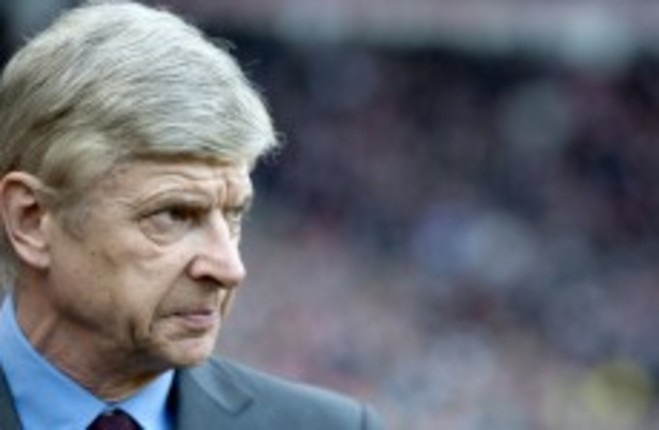THE PRESIDENT OF the World Anti-Doping Agency has backed calls for football to improve its efforts to root out drugs cheats.
Speaking in Dublin yesterday, John Fahey said that football and other sports will never be able to convincingly declare themselves clean until they implement anti-doping tools like the biological passport.
Arsenal manager Arsene Wenger is among those who have came out in favour of more rigorous blood testing and Fahey hopes that football bosses hear that important message.
“When people as well known as he [is] are willing to say in the public arena that we can do more, surely that particular trade will take notice and surely some action will flow.
“You have to ask yourself, why isn’t the biological passport programme happening in the Premier League? Not just in the Premier League in England, but in the premier leagues or the major leagues or every league in these countries in Europe.
“There’s no particular reason why not. In my opinion most of them could afford to pay the cost of it all, and I accept there’s a cost.
But if you really want to be able to say to the world our sport is clean, our athletes are clean, it’s only by this sort of usage of those tools and programmes like the biological passport that you can make that statement.
Fahey, who is due to meet FIFA bosses today to discuss their joint anti-doping efforts, said that the current review of the WADA anti-doping code could pressure governing bodies into higher levels of compliance.
“You’ve got to have a programme for example that includes testing in competition and out of competition. You’ve got to have an education system. They’re the set of rules, but nothing in the code says how effective your programme has to be.”
He added: “Can we increase responsibility in the context of compliance? We’re certainly looking at it as we’re going through this review.
“At the end of the day though, this is to a large extent a voluntary situation. We’ve got no sanctions if they don’t do certain things, other than to say you’re not compliant if they drop below that fairly basic level.”

